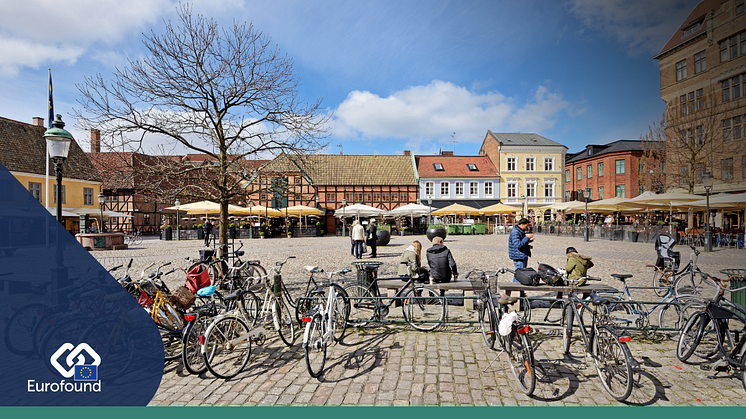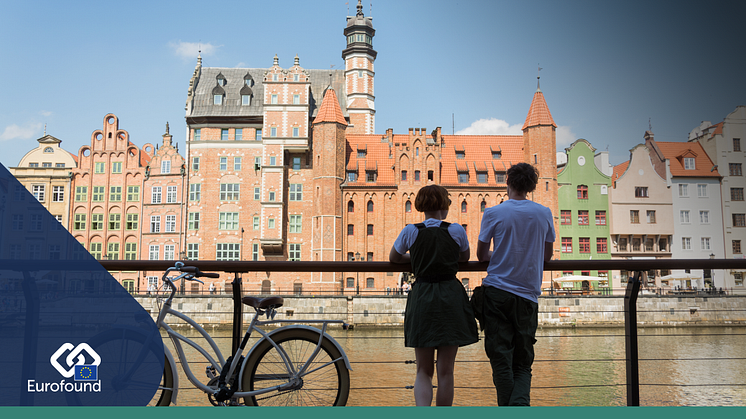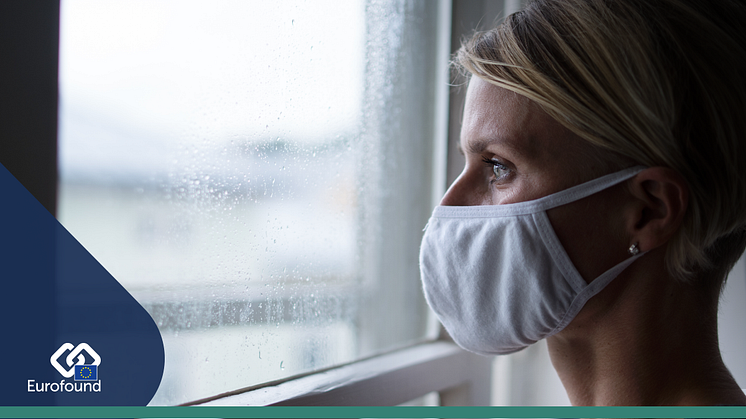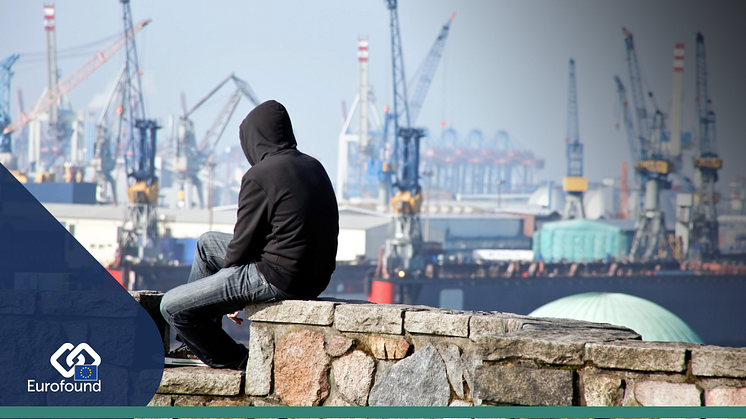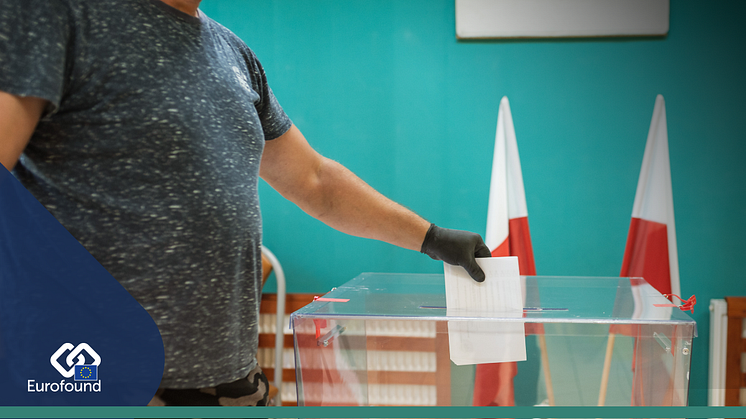
News -
Trust in national governments plummets, threatening social cohesion across EU
Trust in institutions has plummeted across the EU with trust in national governments in particular sending alarm signals across numerous Member States. Findings from the most recent round of Eurofound’s Living, working and COVID-19 online survey show trust in national government was ranked at just 3.9 across the EU, behind the news media (4.2), the EU (4.6), the police (5.7) and the healthcare system (5.9). These new results also reveal that those who use social media as their main source of information have significantly lower levels of trust across the board, as do those who are unemployed or who have lost their job during the pandemic. The findings pinpoint the disproportionate impact of the pandemic on vulnerable groups, further widening existing inequalities across the European Union, and potentially creating a ‘geography of discontent’, where groups of citizens disengage entirely.
The third round of the unique pan-EU survey was fielded in February and March 2021 and the analysis provided in the report and background data for the latest round is based on a sample of 46,800 responses, and an overall sample of 138,629 across all three rounds. Results show that trust in national governments and other institutions declined significantly as a result of the protracted lockdowns and a slow start to the vaccination rollout in spring 2021.
There was a substantial decline in government trust in 14 Member States between summer 2020 and spring 2021, with citizens holding policymakers to account for failures to contain the virus during winter 2020, and new restrictive measures that were required in the new year. There was also a decline in public satisfaction with pandemic support measures, with just 10% of respondents to the survey agreeing that obtaining support was easy and efficient. As a result, just one Member State, Denmark, recorded a significant increase in government trust during this period. In spring 2021, Poland (2.1) Croatia (2.5), Bulgaria (2.7) and Czechia (2.9) were the countries recording the lowest trust in the national government. Conversely, Denmark (7.0) and Finland (6.3) were the countries with the highest trust in the national government.
Overall, trust in the EU has also fallen from 5.1 in summer 2020 to 4.6 in spring 2021, with the initial trust dividend after the introduction of the European Commission’s temporary recovery package quickly subsiding. Nevertheless, trust in the EU remains higher than that of national governments.
Speaking about the findings, Massimiliano Mascherini, Eurofound Head of Unit for Social Policies, emphasised that it is important to take stock of the various ways in which the pandemic has impacted people across Europe and engage pro-actively with citizens: ‘To restore trust in governments and the EU, it will be essential to understand people’s needs and address them through a holistic policy approach in the aftermath of the COVID-19 crisis. Initiatives such as the future of Europe debate have an important role to play in this regard, particularly when it comes to moving to a greener, more digital economy that works for people across the Union and addresses underlying inequalities.’
Further information:
- Report: Living, working and COVID-19 (Update April 2021)
- Data Explorer: Democracy and trust during COVID-19
- Topic page: COVID-19












